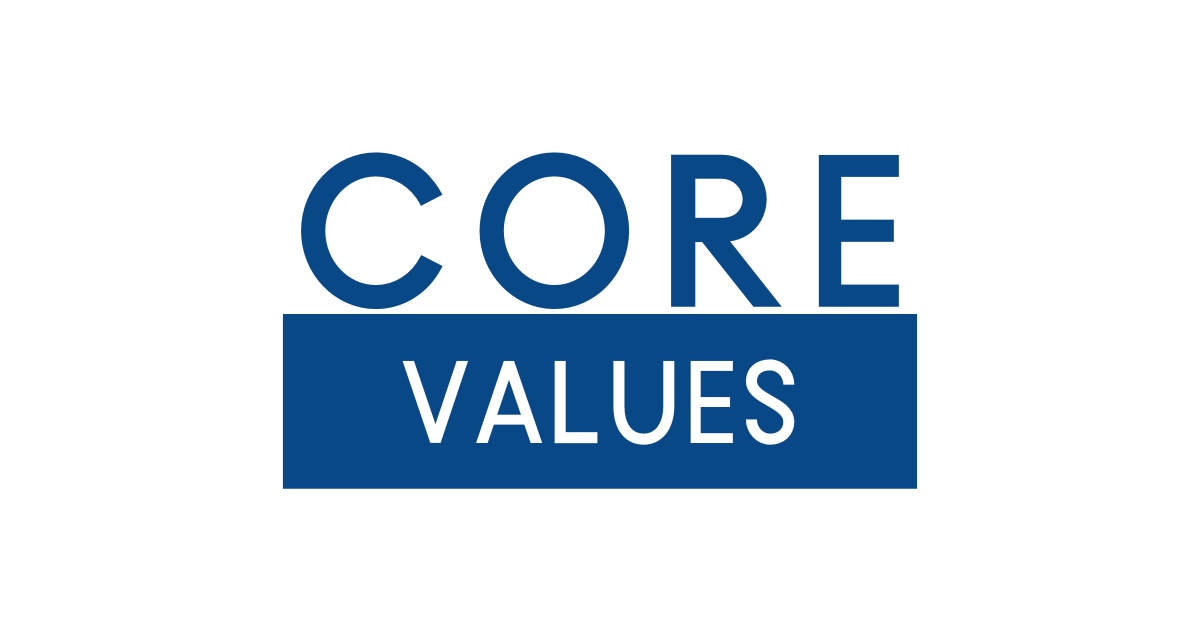Penny: Five Undervalued Leadership Qualities.
Recently I found myself thinking about the idiom, a penny saved is a penny earned. According to Webster's dictionary, this idiom is used to say that it is important to save money. While I'm not disputing that, I'd like to show another side to this lesson.
Often, we will have little value towards a penny. Currently, pennies are made of zinc-coated with copper. Only nickels are one solid material, and while for the general population, it may not be worth much, a penny's worth depends on its quality and rarity. While most pennies are only worth a few bucks, highly coveted ones might be sitting in your pocket or stuck somewhere in your couch cushions.
But, what does this have to do with leadership?
Much like that penny that is often overlooked and undervalued, so to some leadership qualities are overlooked. However, such as the idiom "a penny saved is a penny earned" indicates; if we hold on to these qualities (despite what others may think), we will soon see it's value.
01. Self awareness.
This quality may not come up on your daily operations tasks. However, being self-aware helps leaders with assessing and handling their strengths and weaknesses. Research suggests that when we see ourselves clearly, we are more confident and more creative. We make sounder decisions, build stronger relationships, and communicate more effectively. I believe there's a connection between self-awareness and empathy; it's hard to empathize if you ignore the beam of wood that's in your eye.
02. Empathy.
Empathy helps a leader consider the limitations and vulnerability of others. When the leader is empathetic, they can address the weakness of others respectfully. They can also help further develop those team members and consider those vulnerabilities when delegating responsibilities. Knowing that no one is flawless and that everyone frequently struggles to function at their absolute best; are truths that a great leader can strategically consider when developing a training plan.
03. Pragmatism
Pragmatic leaders focus on the practical “how do we get this done,” side of any task, initiative, or goal. They can erroneously be viewed as negative in their approach when in fact they simply view the entire picture (roadblocks included) to get to the result. It’s a linear, practical way of thinking and “doing.” Being creative is important and nourishing the creativity of this team is also vital, but we must be careful to not float away to Neverland with the lost boys. Ultimately, a pragmatic leader sets goals for a brighter tomorrow without ignoring the clouds that are on the horizon.
A study was done at the University of Waterloo, Ontario, Canada. This study explored what is known as the planning fallacy. They determined with this study that when an individual plans a trip or the realization of a project, they regularly visualize things on a positive side. Much like when we set our new years resolutions, we seldom think of the difficulties that may come our way. We don't consider the chances that something negative is going to happen, but rather our plans are filled with a lot of optimism.
Writer and educator Mark Stevenson believe that we have to teach and live in a slightly different way than we have in the past. He says that we must make an effort to have pragmatic and optimistic thoughts. The only way to practice pragmatic optimism is letting what we long to guide us. Optimism is great, but we must also be cognizant of the potential roadblocks.
04. Mindfulness
Mindfulness is a kind of attention. It is easy to get tangled with all of the nuances of leadership and find ourselves losing sight of the fact that we have come a long way. Mindfulness is the ability to stop and smell the roses, regardless of what's going on. Mindfulness research has recognized that there is great value in spending time alone, in silence and stillness. It helps to bring peace to our busy lives and calm to our minds. Of course, this is something people of spiritual traditions have been doing all along: quietly praying or meditating in solitude.
05. Be open
VIDEO: JaVale McGee lets out high-pitched scream to let teammates know he's open https://t.co/UB1zaMeC4F pic.twitter.com/zATW8vOi27
— Deadspin (@Deadspin) February 10, 2019
In a game against the Philadelphia 76ers, LA Lakers center JaVale McGee let out a fairly high pitch, to indicate to his teammate that he was open. Much like any athlete in a game needs to be open in order to get the ball (or the puck), the leader also needs to be open to advance his team.
We are often guarded because of the fears, let-downs, and insecurities we feel. However, if we can understand our own story and courageously face it, we will develop the necessary emotional maturity required to be a great leader. We cannot forget that we are working with people to serve people. This simple concept is often forgotten and drowned out by the desire to get ahead or increase revenue. If we can be open with our team, we can be transparent. Authenticity comes when we open up, not when we put up walls or guard ourselves against others because of our past. If you don't like your past, if you don't like your story or how it's gone so far, write a new one! One which includes self-awareness, empathy, and a pragmatic optimism for the future, as well as mindfulness of where you are and how far you've come.
Final Thoughts.
The aforementioned leadership qualities are often overlooked and undervalued. Ironically, the penny that's been living in your cough has also been overlooked and is undervalued. We can be great leaders, and we have the potential to bring forth these overlooked and undervalued qualities, allowing us to accomplish the desired level of success in 2021.












